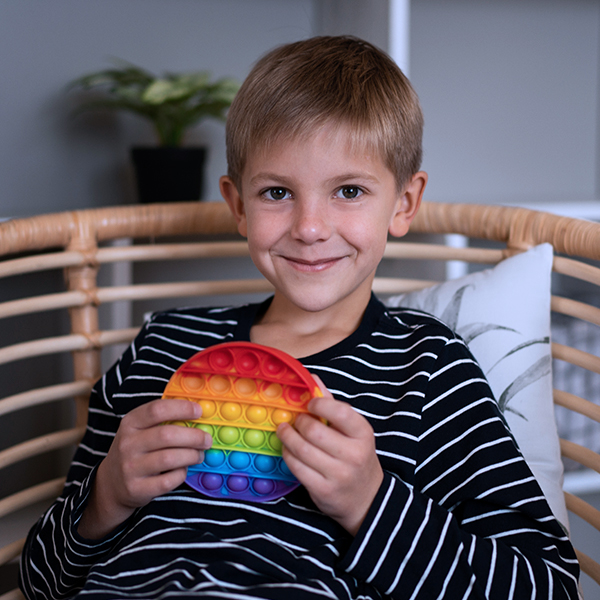
Autism Spectrum Disorder (ASD)/Autism
Autism Spectrum Disorder (ASD), commonly known as Autism is a complex neurodevelopmental condition that affects communication, social interaction, and behavior. It is called a "spectrum" disorder because it affects individuals differently and to varying degrees. Symptoms typically appear in early childhood, often before the age of 3, and can range from mild to severe.
What is Autism?
Autism is a lifelong condition that impacts how individuals perceive the world and interact with others. Common characteristics include:
- Difficulty with communication: Challenges in verbal and non-verbal communication, such as understanding gestures, tone of voice, or facial expressions.
- Social interaction challenges: Struggles with making friends, understanding social cues, or maintaining conversations.
- Repetitive behaviors: Engaging in repetitive movements, routines, or interests.
- Sensory sensitivities: Over- or under-reactivity to sensory inputs like sounds, lights, or textures.
Types of Autism
ASD includes several subtypes, each with unique characteristics
1. Classic Autism
- Significant challenges with communication, social interaction, and repetitive behaviors.
- Often accompanied by intellectual disability.
2. Asperger Syndrome
- Difficulty with social interaction but typically without language delays or intellectual disability.
- Individuals may have intense interests in specific topics.
3. Pervasive Developmental Disorder – Not Otherwise Specified (PDD-NOS):
- Used for individuals who show some autism symptoms but do not meet the full criteria for classic autism or Asperger Syndrome.
4. Rett Syndrome
- A rare genetic disorder, primarily affecting girls, characterized by a loss of communication and motor skills after a period of normal development.
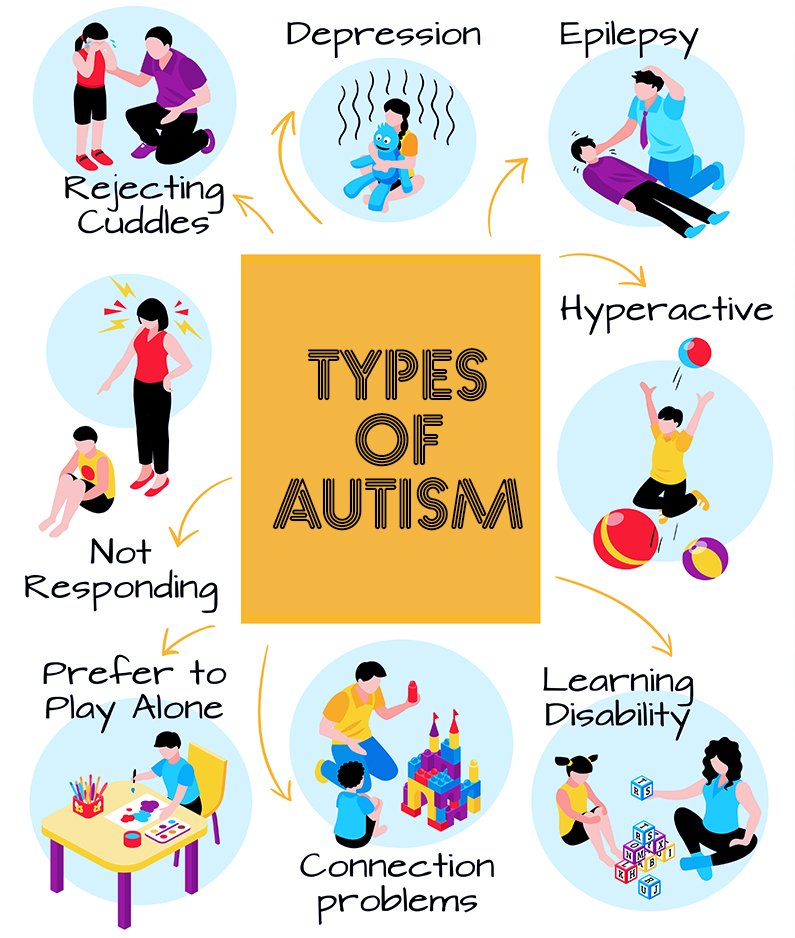
Treatment for Autism
Early intervention is crucial for helping children with autism reach their full potential. Treatment is tailored to individual needs and may include:
1. Behavioral Therapy
- Applied Behavior Analysis (ABA): An evidence-based therapy that improves communication, social skills, and daily living skills.
2. Speech and Language Therapy
- Helps improve verbal and non-verbal communication, including understanding and using language.
3. Occupational Therapy
- Focuses on improving fine and gross motor skills, coordination, and daily living skills.
- Addresses sensory processing challenges.
4. Social Skills Training
- Teaches skills like making friends, initiating conversations, and understanding social cues.
5. Medication
- Used to manage specific symptoms like anxiety, depression, or ADHD.
- Always prescribed and monitored by a healthcare professional.
6. Alternative Therapies
- Music therapy, art therapy, or equine therapy can support emotional expression and development.
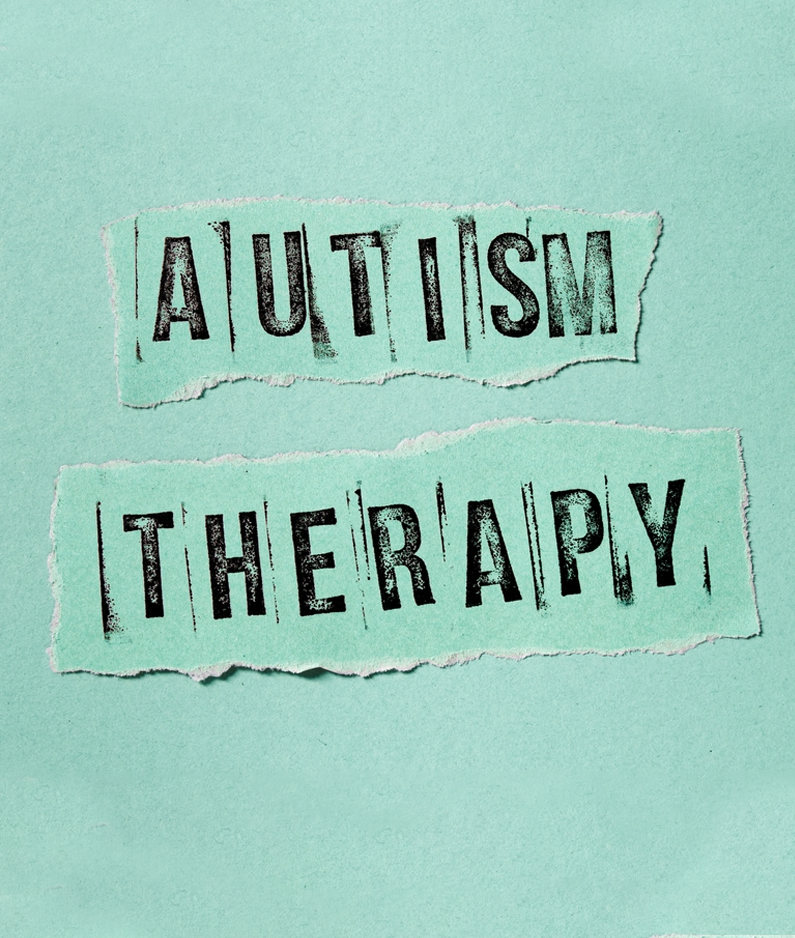

Autism in Adults
- Difficulty forming and maintaining relationships.
- Struggles with workplace communication and social demands.
- Higher risk of anxiety, depression, and other conditions.
- Challenges with daily tasks like cooking, cleaning, or managing finances.
Autism is a lifelong condition, and challenges can evolve as individuals transition into adulthood. Common issues include:
Social isolation:
Employment challenges:
Mental health concerns:
Independent living:
Treatment for adults may include:
- Behavioural therapy and CBT (Cognitive Behavioural Therapy).
- Speech therapy and occupational therapy.
- Vocational training and job placement support.
- Counselling for mental health and social skills.
Support and Resources
Living with autism can be challenging, but support is available. Key resources include:
Connect with others who understand your experiences.
Build skills for employment and independence.
Tools like communication apps or speech-generating devices.
Promote inclusion and social engagement.
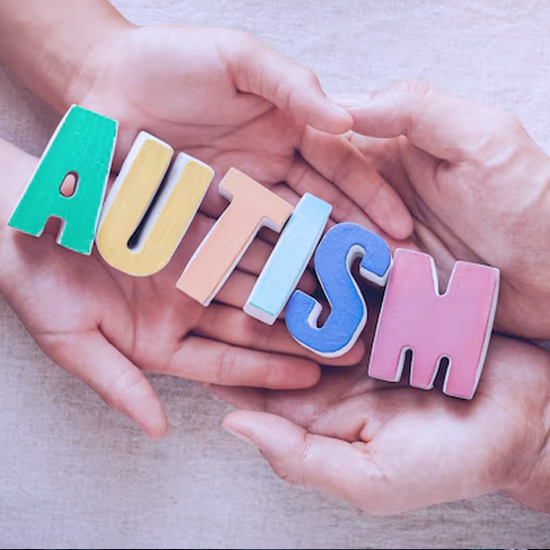
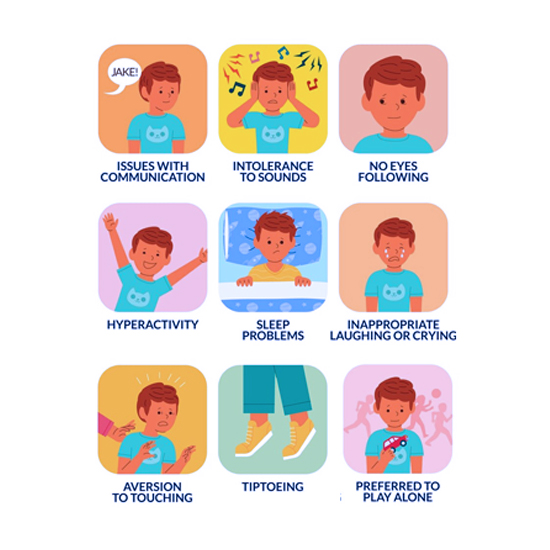
Why Early Intervention Matters
Early diagnosis and intervention can significantly improve outcomes for individuals with autism. It helps:
- Develop communication and social skills.
- Reduce challenging behaviours.
- Enhance independence and quality of life.
Take the First Step Toward Recovery
If you or a loved one is struggling with depression, don’t wait to seek help. Contact New Healing Solutions Clinic (NHSC) today for an expert assessment and personalised treatment plan. Begin your journey to improved mental health and well-being.
Address
Woodland Drive Medical Centre Woodland Drive Barnsley S70 6QW
Contact NHSC today
01226 282 535Send us a Mail
info@newhealingsolutions.co.ukOpening Time
9am to 5pm - Monday to Friday


